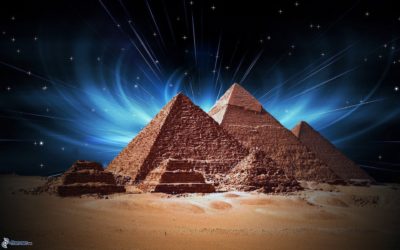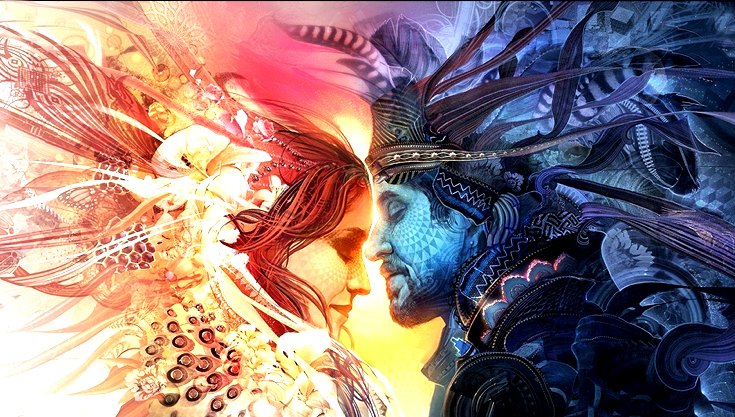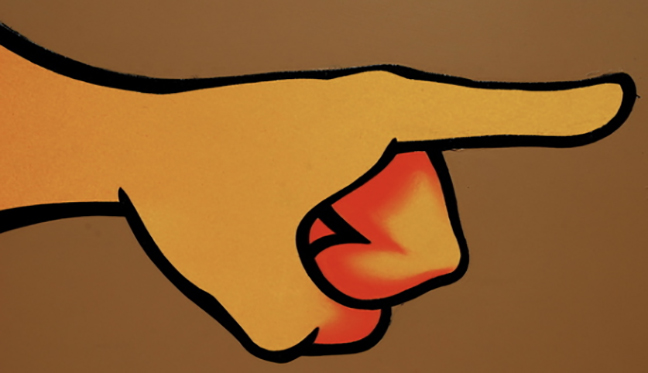 Last year Routledge press, an imprint of Francis & Taylor, published my first book: “Ancient Egypt and Modern Psychotherapy: Sacred Science and the Search for Soul.”
Last year Routledge press, an imprint of Francis & Taylor, published my first book: “Ancient Egypt and Modern Psychotherapy: Sacred Science and the Search for Soul.”
Keep reading. I promise not to get too academic.
That being said, I must admit it IS an academic book. It is actually a “more suitable for most readers” rendition of my doctoral dissertation. I don’t like overly academic books anymore than the next person, but, of course, I had to put on the academic hat in order to be allowed to put some letters after my name. The book itself may be a bit stodgy reading (well, I HOPE it isn’t, but . . . ); however, the questions I attempt to ask applies to all of us—and whey are pretty simple questions.
Here they are: Where has, for the most part in our modern culture, our soul gone? And why?
Many people would probably argue about these questions—“my soul is right here—it hasn’t gone anywhere!” If you feel this way, then great! I won’t argue with you. But, judging from the typical set of complaints I get from the many clients I see every year, I would have to say that a lot people, if not most, are grappling with a sense of hopelessness, despair, a general malaise and sense of meaninglessness in their lives. These things can manifest in a variety of ways—anxiety, stress, sadness, depression are among a few of the more common labels. Some people are affected more than others, of course, and some are driven to completely giving up.
Currently our medical mental health system is very limited in how they view these “afflictions”—hey either label them serious mental illness and prescribe a treatment of psychotropic drugs at best and hospitalization at worst—or they label them mild to moderate “mental neuroses” and along with the drugs, or in place of them, suggest Cognitive Behavioral Therapy. Both of these approaches can be effective, but neither of them get to the bottom of the neurotic behaviour. Needless to say, there ARE mental conditions that should be treated first without much concern for the cause—violence to self or others, highly dysfunctional behaviour that could be breaking down relationships at work or at home, psychosis (seeing or hearing things), and suicidal ideation. However, even many of these severe situations, unless entirely out of hand, can be treated with talk therapy adjunctively.
What does this have to do with soul?
Well, when we actually stop to look at the causes of these mental disturbances we often see a breakdown of some rather basic human needs. A broken sense of self, and self worth, or, more accurately, a loss of loveability—this disruption in human development is usually at the core of most mental illness. This often comes from abuse (emotional, physical, or sexual) at an early time in development. Needless to say there are arguments, and thousands of books and articles to go with them, against theories that claim early childhood trauma has everything, or most, to do with later adult dysfunction. And even if we agree it did, how does one lose one’s soul in the process, and why does that matter? Difficult questions, and certainly a blog post is not adequate in answering them. However, in an attempt to shed some light on the situation: if we do not have a strong psychic structure, which could be damaged through childhood trauma or more acute trauma at any point in life, we lose some of the ability, or even desire, to connect with the deeper, and more subtle, aspects of being a human being—love, empathy for others, a deep and satisfying connection with nature and with animals, compassion and less reactivity to fear. Our soul, as it is defined in this blog post, comes to be as we understand our connection with all things in the universe. It can only fully thrive and be fully conscious if there is a realization of unity and a sense of psychic and emotional safety in the universe we live in.
So how do Ancient Egyptians fit into this picture?
Well, these people, from very long ago, possibly never loss sight of soul, or their sacredness.
Now, you’ve made it this far, don’t give up on me yet.
“Sacred” does not necessarily mean “religious”—although, if you are into your religion, or spirituality, whatever it may be, you certainly could call that “sacred.” In the context of this blog post I am going to venture to say that “sacred” can be defined as “in touch with the unseen.” That may seem a bit ambiguous, but we can leave it there so as to cover as many bases as we can cover. When I say “in touch with the unseen” I can include all sorts of things to be in touch with—love, meaning, purpose, beauty, art, music, nature (the feeling we get while in it), you get the picture. Where we do seem connected, to a fault, is with the “seen”—money (have it or don’t have it), things we acquire, things we consume, our jobs, partners as physical objects, friends, family, power (only if its purpose is to get things, which it usually is) etc. You get the picture here, too.
Now, don’t get me wrong, some of these things are nice, and they certainly can be a part of our lives and a part of what makes us happy. But physical “things” are not the all, nor the only concept of importance, that make up our reality.
A famous Egyptologist, Schwaller de Lubicz, who lived and worked in Egypt in the early part of the 20th century called our connection with the unseen a “consciousness of the heart”—he is the same guy that said if we apply this “heart perspective” to all things material in our world, such as science, medicine, architecture, construction, etc., we would be practising, and living, a “sacred science.” Schwaller, and apparently the Egyptians, did not see the physical as separate from the non physical, thus all things people perceived with our senses were also sacred, filled with thought and meaning, not just a collection of particles.
In a nutshell, sacred science is the application and integration of the unseen (the consciousness of the heart) and the seen—material things, or the consciousness of the intellect.
So?
Think about it. We have been taught that very little outside of what we see and feel has all that much meaning. We can look at a beautiful sunset, or listen to an emotionally moving piece of music and we can learn, eventually, to “appreciate it”—even this sort of awareness is becoming less and less prevalent in our culture. However, do we really think these sorts of experiences matter? Are they really that important? And I am not only talking about art or beauty, those are the easy ones to discern. I am also talking about dreams, feelings, visions, innate understandings, morals and ethics, love, intuition—I could go on and on.
And don’t get me wrong, a person does not have to have experienced trauma, acute or complex, in childhood or as an adult, to “lose their soul”—just living day to day in a culture that itself is largely spiritually dead constitutes a complex trauma—none of us, unless we become more conscious due to our own efforts—are immune from this soul-killing reality. The Ancient Egyptians were, for whatever reason, able to avoid much in their culture that attempted to limit their awareness of “what was right.”
This little blog post is too short to really go into this, but it is my firm belief that the answer to all, or most, of our questions regarding our general sense of well-being is tied into this concept of sacred science. The Ancient Egyptians were merely an example of this cosmology (the way they saw their universe).
We can learn something from them, and we don’t have to walk like an Egyptian to do so.
Todd Hayen is a psychotherapist practicing in Aurora and Richmond Hill Ontario. Please leave comments by clicking the comments link below this post. I welcome any thoughts you may have.







Leave A Comment